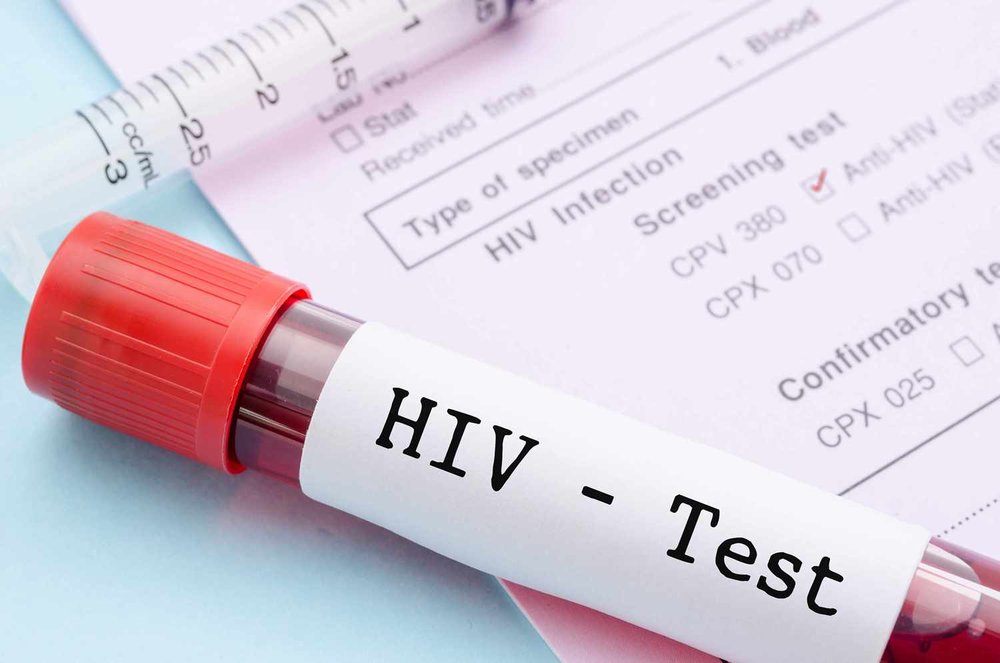HIV/AIDS tests prior to football match scheduled

TEHRAN — Prior to a football match between Persepolis of Tehran and Tractor Sazi of Tabriz at Tehran’s Azadi stadium on Sunday afternoon, mobile clinics were scheduled to run rapid HIV/AIDS tests, IRNA reported.
Tehran Adolescents’ Well-being Club for boys CEO Vahid Jahanmiri has explained that prior to the football match special vans, parked outside Azadi complex were scheduled to run tests on the spectators who volunteer to take the tests from 11 a.m. to 13 p.m..
The tests are free of charge and the results will be kept confidential, Jahanmiri added.
About 20,000 brochures on HIV/AIDS are scheduled to be also distributed among the audience, he highlighted.
Sports complex are great places to increase awareness among people as adolescents constitute a vast population of spectators, he suggested.
According to the UNICEF the HIV/AIDS epidemic in Iran is classified as being "concentrated" and needs effective counter-measures to keep it from evolving into a more generalized epidemic. Sexual transmission of HIV in Iran is on the rise in recent years. Most AIDS cases are detected among 24-35 year old young adults, which implies that unsafe sexual contacts have likely occurred in adolescence and the first years of adulthood.
The increase in sexual transmission is associated with the growing use of Amphetamine-Type Stimulants (ATS), which has also seen a rise in recent years. Adolescents are the only age group among which AIDS-related deaths are actually increasing globally.
ALL-IN centers which are called “Adolescents’ Well-being Club”, is a joint initiative between UNICEF, UNAIDS and partners to reduce new HIV infections among adolescents by at least 75% and increase HIV treatment to reach at least 80% of adolescents living with the virus.
The initiative outlines that the targets can be achieved through providing HIV prevention education, outreach services, HIV testing, counselling, drug use prevention, life skills training, referral, care programs that focus on the specific needs of adolescents living with, or at higher risk of acquiring, HIV.
ALL-IN centers are safe places where at-risk adolescents gather to get critical information about healthy behavior, and have access to adequate and inclusive services that promote healthy lifestyle.
These ALL-IN centers, are run by local NGOs which are recommended and approved by the Ministry of Health through the Universities of Medical Sciences in different provinces of Iran, and established in high-risk provinces, provide HIV prevention and life skill training opportunities for the most at risk adolescents residing in the most marginalized communities.
Masoud Mardani, a member of national HIV/AIDS committee, said last week that it is estimated that over 66,000 people in Iran have AIDS/HIV but over one third of them don’t know they have the disease or deny it.
This leads to adverse consequences for the society as they may transfer the disease to other people, he said.
MQ/MG
Leave a Comment